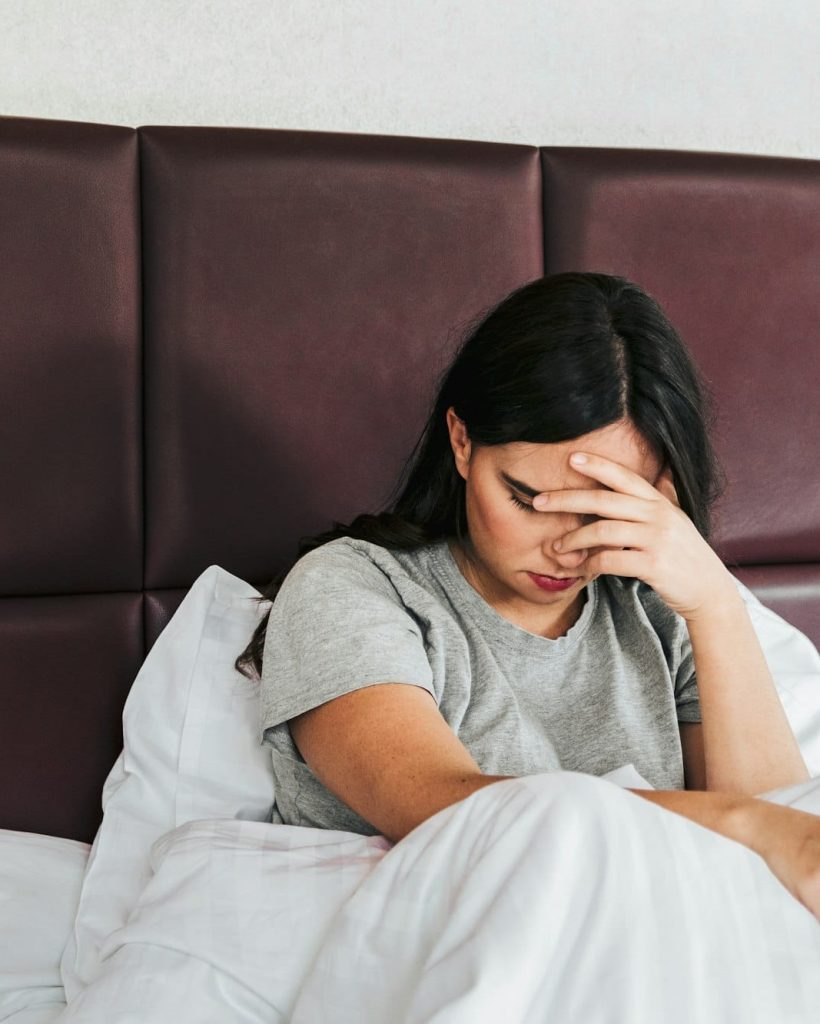Narcolepsy is a sleep disorder that makes you feel extremely tired, and may cause uncontrollable sleep attacks. The main symptom of narcolepsy is excessive daytime sleepiness. You may feel tired during the day, even after a full night of sleep. It is hard to prevent this feeling of sleepiness.
Narcolepsy is diagnosed by a sleep doctor. The first step is to identify or rule out other causes of excessive daytime sleepiness. The doctor will perform a physical exam and ask questions about your medical history. You might complete a questionnaire to assess the severity of sleepiness.
The doctor also may ask you questions about the presence of cataplexy, which is another common symptom of narcolepsy. Cataplexy involves a sudden loss of muscle tone while you are awake. For example, your head may drop, or your entire body may collapse. It is often triggered by strong emotions such as laughter.
Other symptoms of narcolepsy can include sleep paralysis and hallucinations. A combination of tests is used to identify narcolepsy. The testing is done at an accredited sleep disorders center.

Call us now to schedule your appointment. Our expert team is here to help you achieve restful, restorative sleep and improve your overall health. Don’t wait—take the first step towards better sleep today
After waking up, patients remain at the sleep center for a daytime nap study, known as a Multiple Sleep Latency Test (MSLT). It measures the severity of your daytime sleepiness. The test requires you to take multiple naps at set times throughout the day. It will show how quickly you fall asleep in quiet, daytime situations. Most people with narcolepsy fall asleep in an average of three minutes during the MSLT.
If the diagnosis is uncertain, there is an additional test that your doctor can perform. The test will look for a special protein that is lacking in some people who have narcolepsy.
An overnight sleep study at a sleep center is known as a polysomnogram. The study monitors your brain waves, breathing, heart rate and body movements while you sleep. A trained technologist will attach sensors to your head, chin, chest and legs. The technologist will monitor your study through the night to ensure your safety and comfort. The sleep study may identify other sleep disorders, such as sleep apnea, that may be causing your daytime sleepiness.
The vast majority of people with narcolepsy had no recognizable risk factors. Sometimes it can occur in families. In some cases, narcolepsy can develop after a head injury or a viral illness. About one in 2,000 people have some form of narcolepsy.


Facility Member
Since 1977, the American Academy of Sleep Medicine (AASM) Standards for Accreditation have been the gold standard by which the medical community and the public evaluate sleep medicine facilities. Achieving AASM accreditation demonstrates a sleep medicine provider’s commitment to high quality, patient-centered care through adherence to these standards.
El Paso Sleep Center by Bedrock Digital